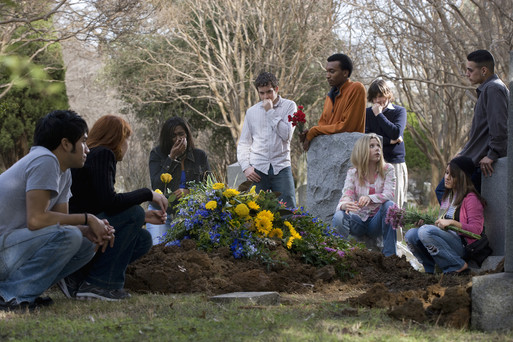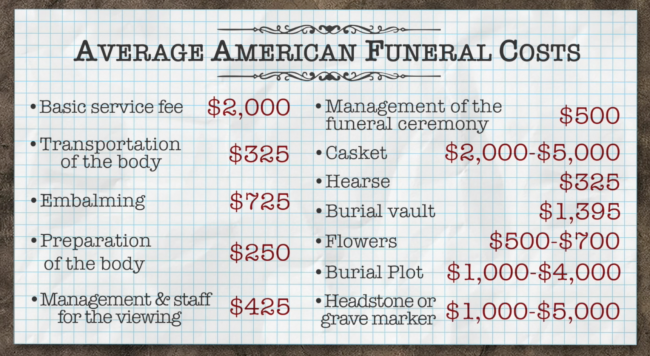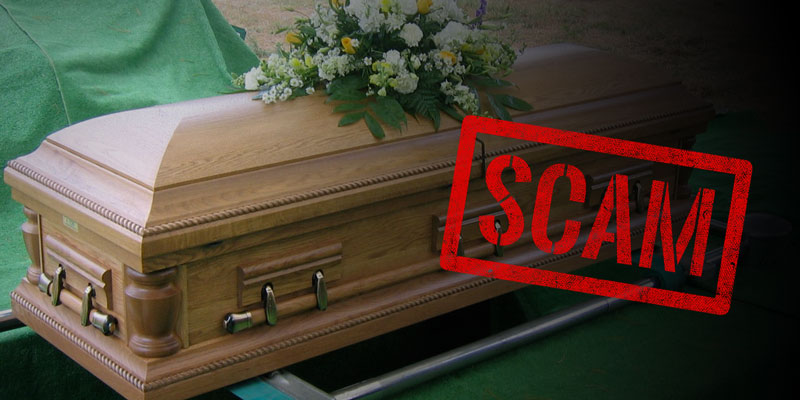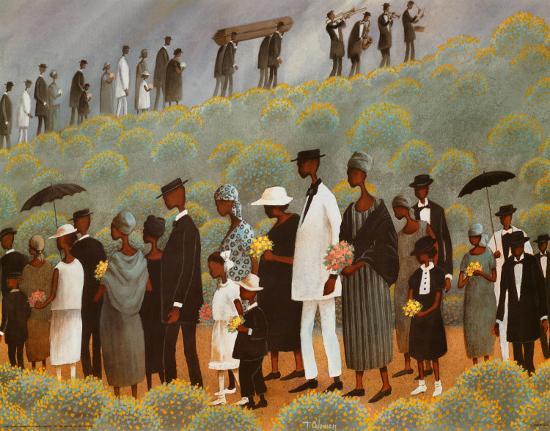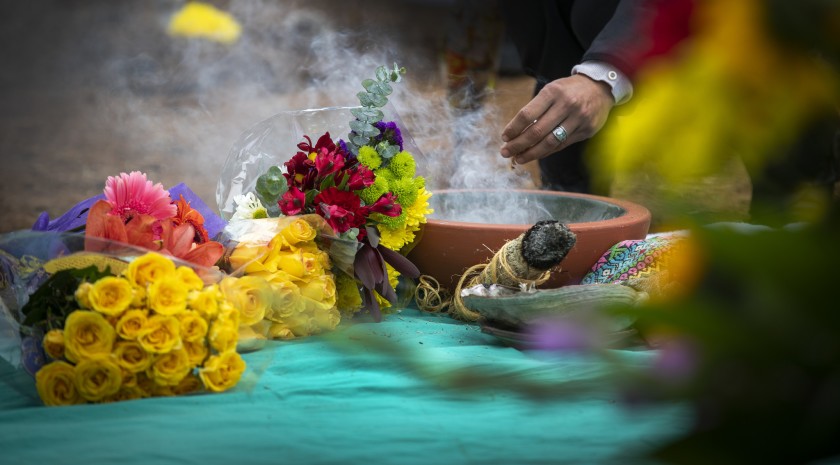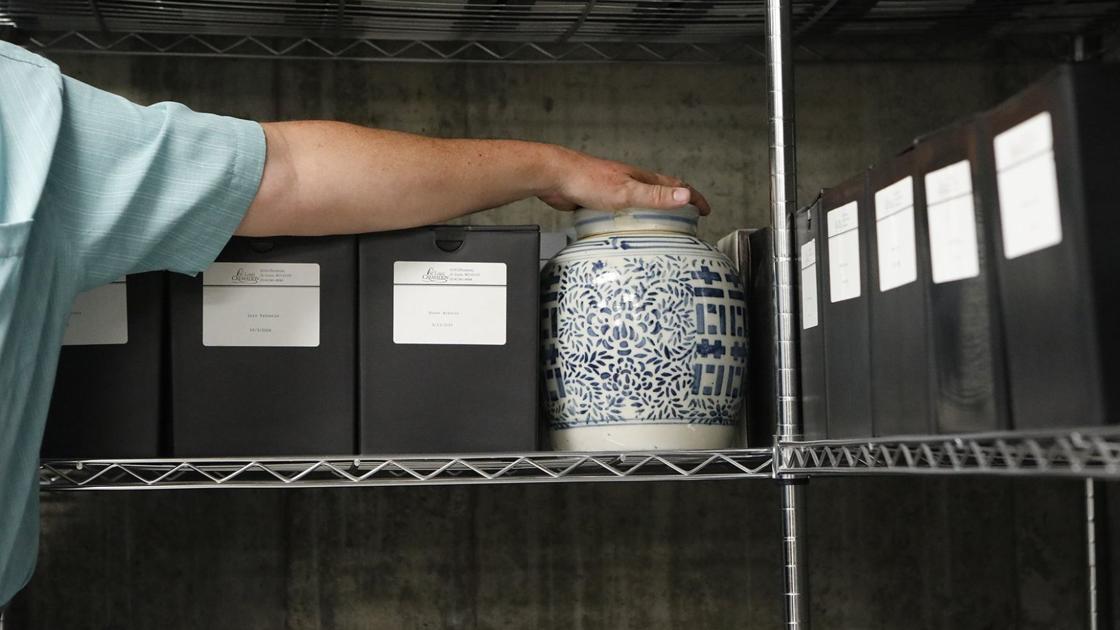I need help planning a funeral. Where do I begin?
Knowledge is power when planning a funeral, especially if you want to spend your money wisely and make sure you’re getting exactly what your mother/grandfather/husband wanted for their funeral, even when your loved one’s last wish was ‘no funeral’. To understand more about the (sometimes) unscrupulous ways the funeral industry operates, watch this episode of Adam Ruins Everything.
So, how do you even go about making a death plan? No worries. We’ve got you covered in this video that gives practical steps on how to get started and inform your chosen family.
If you’re more of a checklist type, (and even if you aren’t), our favorite and most comprehensive source is Get Your Shit Together. Created by Founding Order Member, Chanel Reynolds after finding herself completely unprepared following the accidental death of her husband. We get it, facing your mortality through piles of bureaucracy is about the least inspiring task on your to-do list, but paradoxically, these are the exact tasks that once you tackle them head on, will put you on a one way train to chill town. Listen to this episode of our podcast as Chanel helps us get our death plans in order.
Finally, what if your family is a little, shall we say, tense? Estranged? Full on battle mode? Here’s some advice on what to do when families disagree over funeral arrangements, and how to avoid conflict when there’s no plan.

